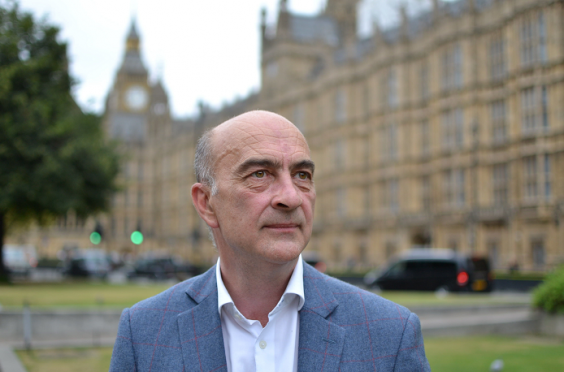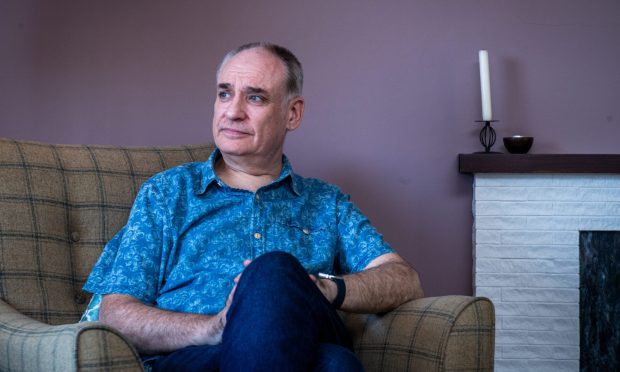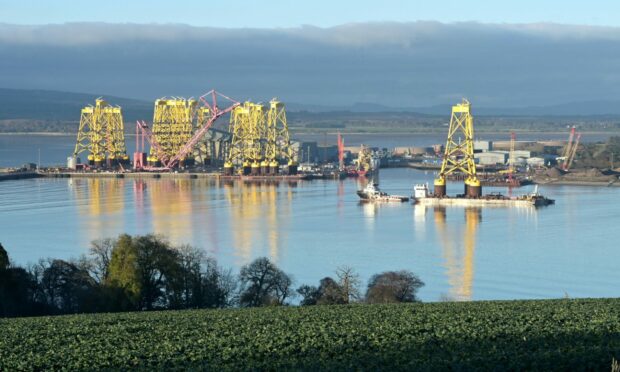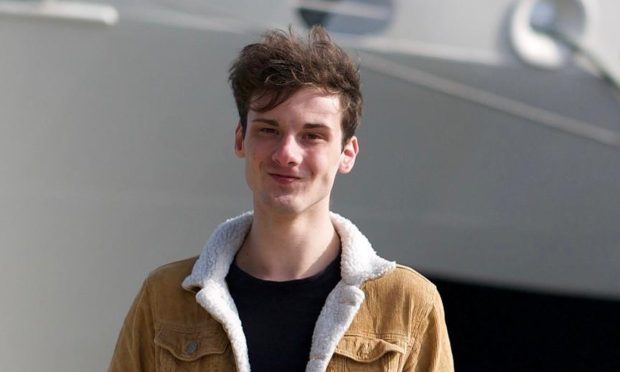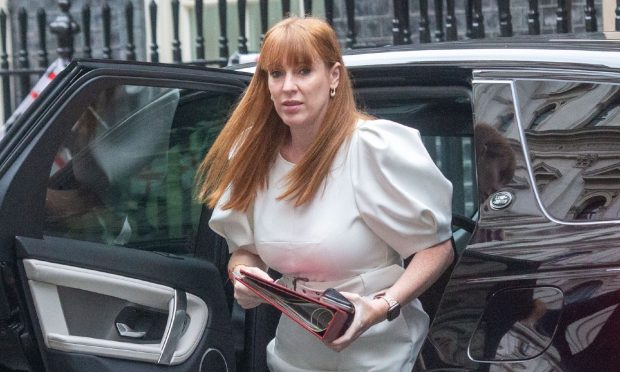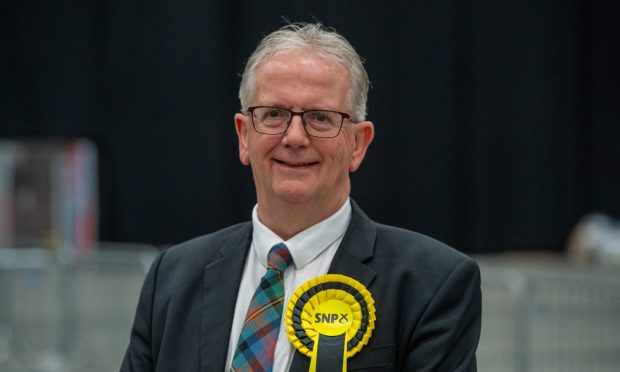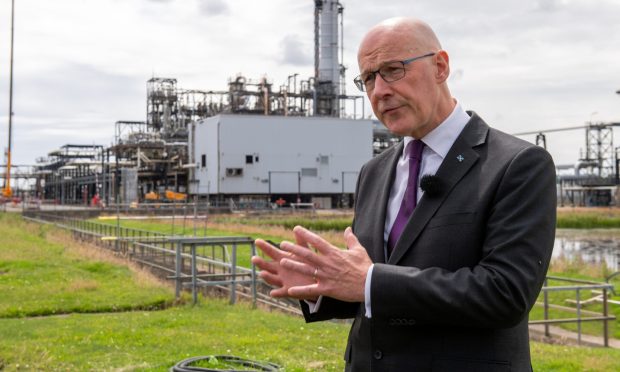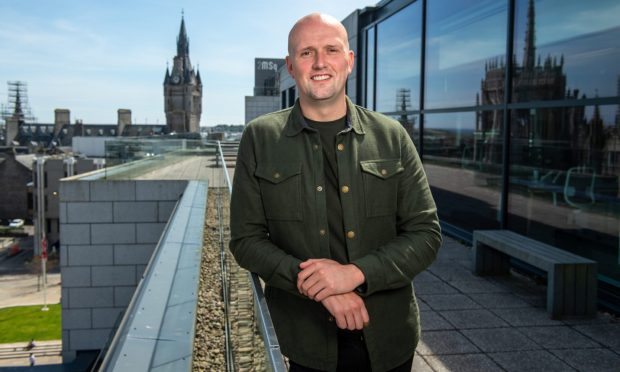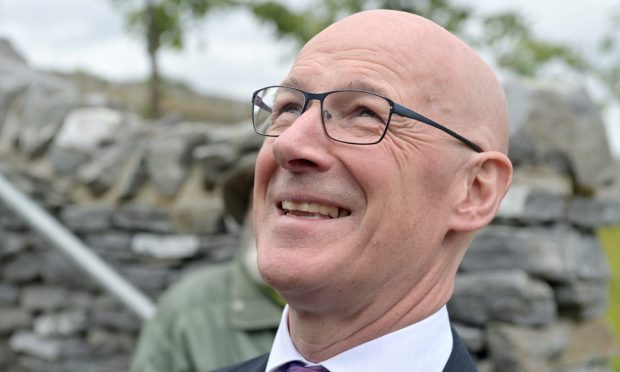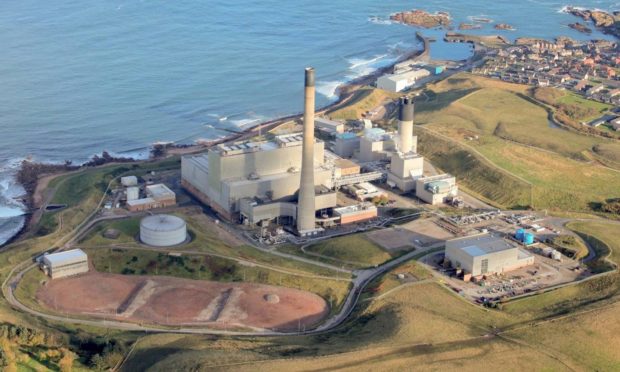I don’t know if England will win the World Cup. Football may or may not be coming home.
But the fish supper is.
My regular reader will know that, through my work with the Scottish Fishermen’s Federation, I have a keen interest in the fate of our coastal communities and the Sea of Opportunity which is within our grasp post Brexit.
On Friday, the UK cabinet meets at Chequers to thrash out Britain’s vision of Brexit and the exit deal we want with the rEU.
As we know, it is unlikely to be easy. It may well be the mother of all away days. It will be a Herculean task to align divergent stars and massage easily bruised egos.
But an agreement must be reached. The clock is ticking. There are, apparently, only six weeks left to do a deal due to the holiday season getting in the way.
But however much wrangling some aspects of Brexit might engender, one area which should be relatively straight forward is fishing.
It is a totemic industry employing thousands of people and feeding millions more. It is part of our history as an island nation.
It is a living symbol of island life but one where, for too long, Britannia has not ruled the waves, but instead waived the rules.
Our membership of the Common Fisheries Policy had sold us short. It was a disaster for our fleets. It has meant that the rich, natural resource around our shores was not ours. That the majority of the fish that live in our waters were caught by non-U.K. boats.
It was the worst of deals where we got less than 40% of the fish and the rest of the EU got the majority.
It was a rotten deal.
Imagine if we were allowed to go to France and Spain and Germany and Portugal each year and pick 60% of their grapes. For free.
Nice thought. But not fair. So it doesn’t happen. But it does to our fish.
By contrast, countries such as Norway, outside the EU, land 85% of the fish in their seas.
They are a coastal state and look after their own stocks and domestic industry.
By contrast, we have to do as we are told and give away the lions share.
But these days can end. These days are numbered. Whatever else Brexit means, it must mean that, once again, we decide who catches what, where and when in our waters. We can, over time, prosper once more.
International Law returns these seas to us.
The prize is great. A Scottish Government impact study has estimated that 5,000 more Scottish jobs could be created.
Another, by the NAFC Marine Centre in Shetland, calculates that even if UK boats were shut out of the remaining EU’s waters, the UK industry could grow by 92% to £1.57 Billion.
And crucially there is a consensus that even if we were to face tariffs on our products going into the EU, the opportunities far out weigh any downsides.
We have a premium product which consumers want. There are processors in Spain and elsewhere who rely on getting it. We will hold all the aces after Brexit.
So righting this historic wrong is within our grasp. Doing so unites the most ardent Remainer with their pro-Brexit colleagues. And thus, when the Cabinet meets on Friday, agreement on our fishing future should be a no-brainer.
As well as the Brexit White Paper expected after the Chequers Summit, we can anticipate soon a Fisheries White Paper as well, setting out and inviting comment on the shape of the industry for decades to come.
So what must it say?
It must have, at its core, three key issues: Science, Sovereignty and shares.
To nurture our great natural resource for generations means we must follow the science and create sustainable fishing grounds, preserving and enhancing stocks. And being outside of the CFP allows us to be more proactive and greater conservationists.
We must regain sovereignty over our seas. We must decide who catches what, where and when. We must retain, for our fisherfolk, the first call on quota.
We can then manage the transition from being gifted breadcrumbs from our own table into being the mistress of our own seas. Not to exclude foreign boats, but to be in charge of the quotas.
To grow, over time, our industry. To take our seat at the annual Coastal State negotiations and put our coastal communities at the top of the agenda.
Part of this should be basing opportunities on “Zonal Attachment” rather than out of date historical precedence. To create a fishing industry which turns the lights on around our coast, and brings new hope and investment and jobs.
I hope that we also see a move to dealing with wasteful discards of fish and ensuing that all vessels which we allow to fish in our waters meet our high standards.
And one more thing. It is time to face down the attempt by the European Commission to hold our fisherfolk to ransom.
The insistence by the EU that they must keep unfettered and unaltered access to our waters or else we can’t sell our fish into their markets is a pile of hogwash that must be flatly refused.
It is wrong on so many levels and doesn’t stand the slightest of scrutiny. It is an unprecedented demand and it would be counter productive. So No. Non. Nein. You’re not on.
So a good deal is possible, indeed it is vital. But if this clarity of purpose can be produced in the next short while, there will be one remaining challenge.
The political gonads to see it through. To face down the EU, and to stand up for Scottish and UK fishing. To say to the majority of the EU members who are not fishing nations, don’t be bullied by the few who are. We won’t be.
It is time to free ourselves from the shackles of the Common Fisheries Policy. Let’s treat fish as any other food product as part of a free trade deal. Let’s manage the expansion of our coastal communities for the good of all those who work in this totemic industry.
From catching to transporting to processing to selling and eating, this is the Sea of Opportunity. And it is on the horizon. It is a prize we must not squander.
So if the next few weeks produce nothing else, let there be clarity and unanimity on fishing. And the political balls to see it through.
